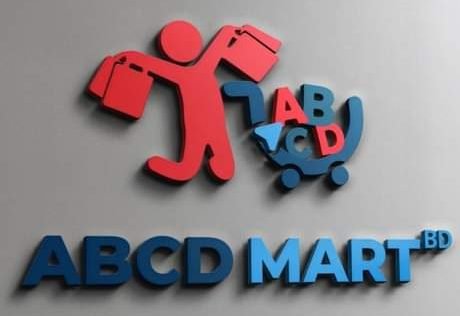- You have no items in your shopping cart
- Continue Shopping
> Even though you got a software where dudes make profiles and you will you should never swipe after all, you to in which feminine only look for anybody immediately after which men get informed – you still have precisely the best 2% of men taking selected and you will female would have to notify some one they’ve been interested which may not have common notice otherwise content them straight back (a getting rejected of your own method of shared swipe suits are supposed to avoid).
> I think about specific women such as for example having numerous suits because it’s a pleasant self-depend on pride boost (I believe worrying about it is ‘high-status’ humble bragging). For individuals who took that away I believe that they had additionally use the provider shorter.
Therefore the cynical element of myself really does sort of accept so it. I really believe there clearly was specific part of women that aren’t also to your applications to have conference individuals. Because experience, the challenging level of suits are a pride-improving feature, not a bug they would like to get a hold of repaired. I want to believe this might be half the normal commission, but I would getting interested to see analysis on this subject.
It’s an incomplete number, nonetheless it is inspired by one of many graphs when you look at the dataclysm. It absolutely was a chart you to matched up appeal compared to. number of inbound messages.
For males chatting women it is mostly linear (more attractive female have more texts tawkify -app, however the deluxe becomes possibly doubly of numerous given that low end).
This current year generally seems to herald the brand new constant decline from on the web love as many singletons on the market are said getting ditching traditional matchmaking applications towards the newest pursuit of ‘real relationship
For females messaging dudes, it’s a condo line in the no before most readily useful 2% from men elegance from which they ticks right up (a while, nonetheless very uncommon even then).
This is certainly an imperfect metric given that many you to skew is around just who initiates after all which mostly falls to guys, but it’s difficult to find prime research. Swipe research would-be better, but dataclysm are written till the relocate to swiping common matching become (and today the sites cannot upload some thing interesting).
Over ninety% from Age bracket Z is actually disappointed with relationship apps, and you will feel business including Eventbrite enjoys seen an excellent 21% escalation in demand for in-individual rates dating occurrences in the last 12 months
But for a generation that grew up with on the internet dating software and you can a warped sense of relationship by way of so many Meg Ryan video clips, seeking love IRL you will turn out to be more difficult than simply asked.
Relationships software eg Tinder and you may Bumble was in fact a game title-changer for almost all lonely somebody and also the matchmaking, including marriage ceremonies, one lead of swiping on proper guidance, try an excellent testament for the worth it performed actually increase the new lovelorn. Age bracket Z’s obsession with credibility possess not changed the guidelines out of the new dating games, and 2024 ‘s the seasons it some other, stricter, mentality towards like will have their people samples.
An over-all ditching out-of relationships applications certainly young adults generally seems to become more than just an optimistic Brand new Year’s solution, but rather a symptom of a beneficial generational shift during the thinking into the electronic relationship.
Large relationship applications eg Tinder are facing a steep get rid of as the newest internet’s first genuine age group rejects matchmaking, needing the return off ‘real world connection’ plus the ‘eradication of relaxed, low-restoration matchmaking culture’.
“When they already been anyone believe they would break free sexuality. But the majority dating apps are really gendered and you may old-fashioned, and can become depressing,” states Dr Jenny van Hooff, an excellent sociologist in the Manchester Urban University.
